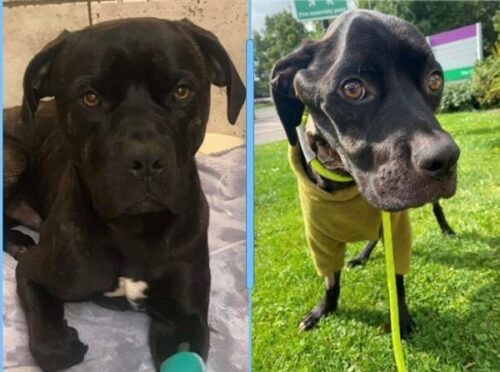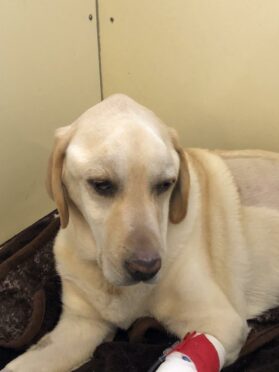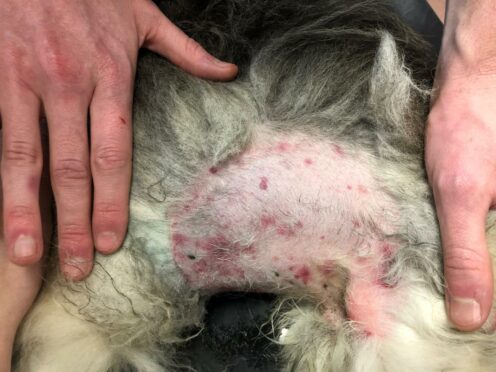Dog owners across the north and north-east are being called upon to step forward to participate in the largest study of autoimmune disease ever conducted.
The Royal Veterinary College (RVC) is appealing to owners of dogs suffering with the disease to take part in a vital new study to establish the affects of the condition.
Researchers aim to collect info from around 400 dogs, making it the largest planned study of the disease ever conducted across the globe.
Autoimmune diseases are encountered frequently in dogs, often causing severe illnesses that require intensive hospital care and prolonged treatment with immunosuppressive medications.
The RVC alone sees between 50-100 dogs with immune-mediated diseases each year, with many more never being referred for treatment at specialist hospitals.
The new study aims to gather data and insight into the diagnosis, treatment response and outcomes of these dogs.
James Swann, postdoctoral fellow at Columbia University, New York, said: “There is an urgent need to optimise the treatment of dogs with autoimmune diseases, and this study represents an important first step in gathering vital information to make clinical recommendations and guide future research projects.”
Largest study of its kind
The team of experts will gather information about the dogs, who have been recently diagnosed with the condition, and track their progress over a one-year period to track how they respond to treatment.
Once enrolled, owners and vets will be contacted at regular intervals using emailed questionnaires to ask for detailed updates about their dog’s progress.
Analysis of this information will then be used to answer key questions, including defining the prognosis and risk of relapse for dogs with these diseases as well as whether some breeds or types of dogs develop more side effects from medications than others.
The project is being funded by the Small Animal Medicine Society (SAMSoc).
Dr Barbara Glanemann, lead researcher and senior lecturer in Small Animal Medicine at the RVC, added: “This study will be the first time that the treatment and progress of dogs with autoimmune diseases has been investigated outside universities, providing an essential perspective on the challenges faced by affected dogs and their owners in wider veterinary practice.”
What criteria does entrants need to meet?
Dogs who have been diagnosed with a range of autoimmune conditions including immune-mediated haemolytic anaemia (IMHA), immune thrombocytopenia (ITP, low platelet count), immune-mediated polyarthritis (IMPA), or steroid-responsive meningitis arteritis (SRMA) will qualify.
Owners must also give informed consent to participate in the study and allow access to the dog’s medical records and permission to contact their vet.
For owners expressing interest, vets will be contacted to determine the suitability of each case.
However, researchers have stressed the study will not alter the treatment or management of owners’ dogs in any way.
All personal data will be handled securely and confidentially. Owners can opt out of the data collection at any point.


